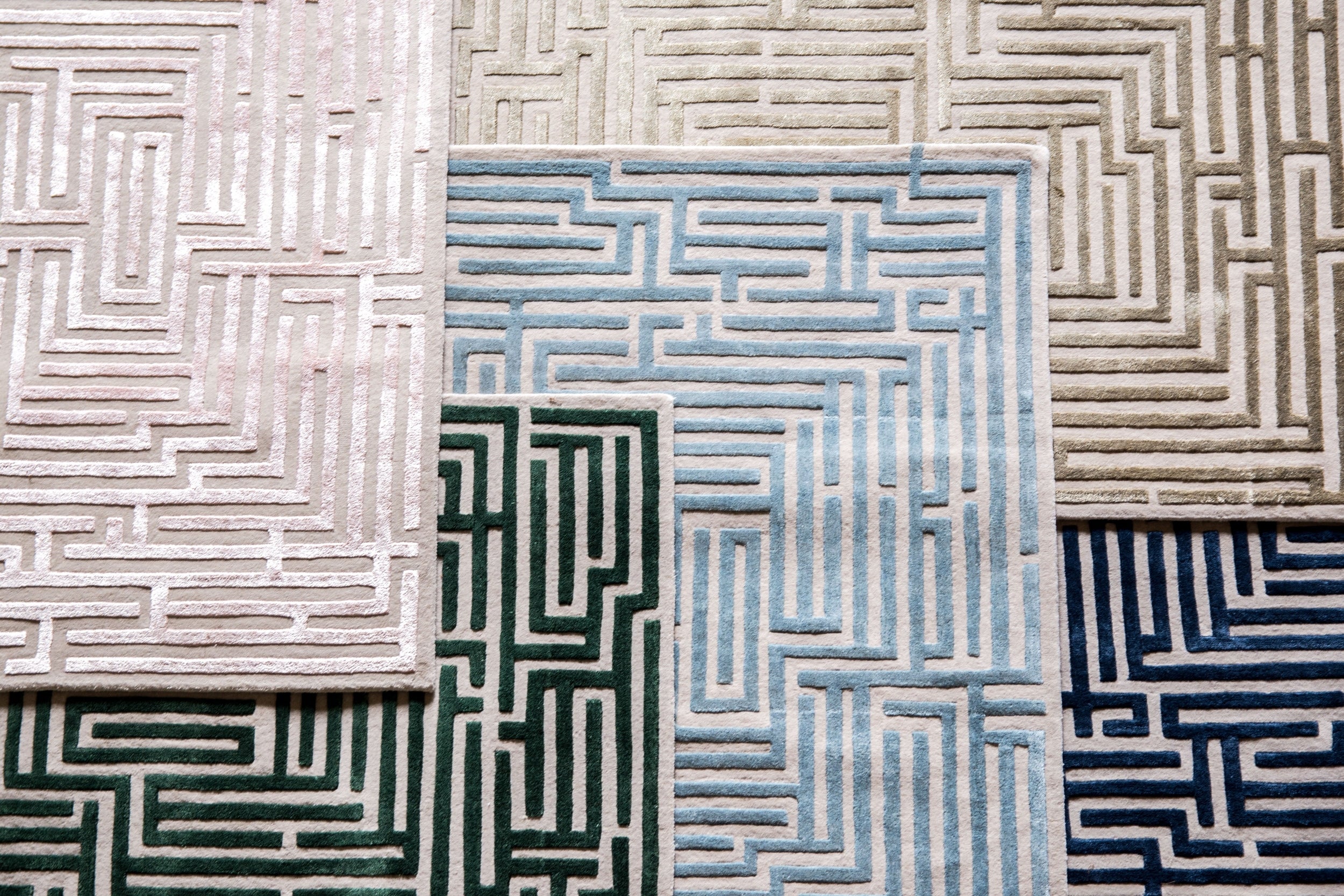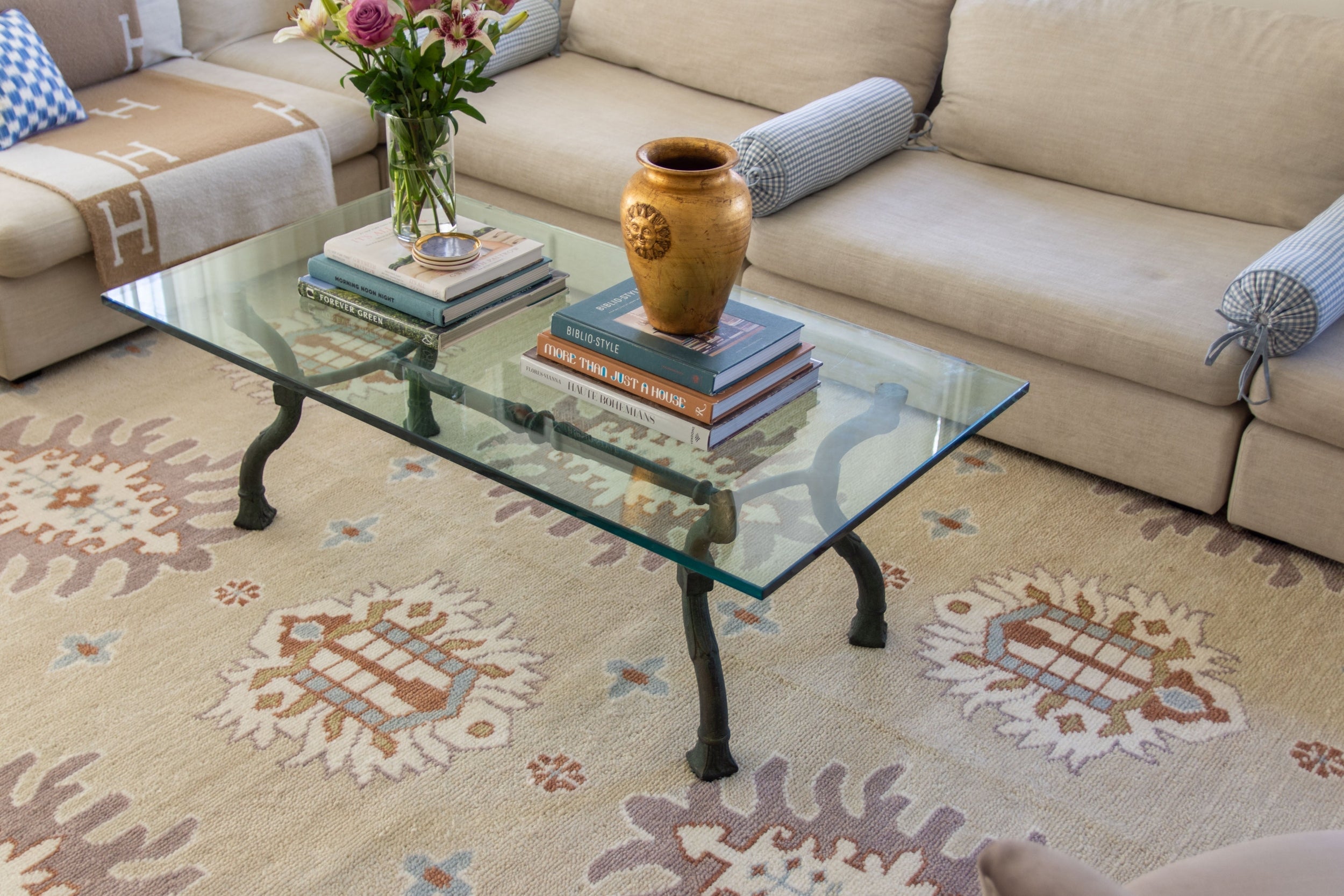Does Renters Insurance Cover Water Damage Resulting From Appliance Malfunctions?

Many tenants sign a lease and purchase renters insurance without digging into the finer details of their coverage. While this type of insurance is designed to protect personal property and offer liability support, questions often arise when water damage is involved, especially if the source is an everyday appliance. A common concern among tenants is this: does renters insurance cover water damage resulting from appliance malfunctions? The answer isn't always straightforward, and it depends on several critical factors, including the type of damage, the appliance involved, and the terms of the policy.
The Nature of Water Damage from Appliances
Water damage resulting from appliance failures can range from minor inconveniences to major financial burdens. Leaky washing machines, burst hoses on dishwashers, and refrigerator line leaks can all create a mess, damage flooring, ruin furniture, and even lead to mold if not addressed quickly. These incidents are common in rental properties, where tenants often rely on appliances provided by the landlord. The key to determining coverage lies in how the incident occurred and how it's described in the policy documents.
Covered Perils and Policy Definitions
Insurance policies revolve around covered perils—events that are explicitly included in your insurance agreement. When evaluating whether renters insurance will pay for water damage, it’s essential to examine whether the source of the damage falls under these predefined perils. Generally, sudden and accidental discharge of water is a covered peril. This means if your washing machine hose bursts unexpectedly and floods your living room, your renters insurance may help pay for the damage to your personal belongings. However, this doesn’t always include the cost of replacing the appliance itself, as that responsibility often falls outside the policy.
On the other hand, if the appliance leak results from negligence or poor maintenance, insurance providers may deny the claim. For instance, if you’ve ignored a known leak for weeks and it finally causes significant damage, it might not be considered a sudden or accidental event, and your claim could be rejected.
Personal Property vs. Structural Damage
Renters insurance primarily covers personal property—your belongings—not the structure of the building. So, if a malfunctioning appliance floods the kitchen and damages your electronics, clothes, or furniture, those items may be eligible for replacement or repair under your policy. However, damage to the flooring, walls, or cabinetry will typically fall under the landlord’s insurance. Understanding the distinction between personal and structural property is essential to know who is financially responsible after water damage occurs.
Understanding Policy Limits and Deductibles
Even if the answer to does renters insurance cover water damage resulting from appliance malfunctions? is yes in your situation, the reimbursement will be subject to policy limits and deductibles. Every policy has a maximum amount it will pay for a claim, and you must also meet the deductible before coverage kicks in. Suppose your deductible is $500 and the water damage claim totals $1,500. In that case, your insurance company may reimburse you $1,000, assuming the damage is covered and properly documented.
Reviewing your policy regularly helps ensure you have adequate limits based on the value of your belongings. If you own high-value items or electronics, you may want to increase your limits or add endorsements to ensure full coverage in the event of significant water damage.
The Importance of Timely Reporting
Time is of the essence when dealing with water damage. Most policies require prompt reporting of any damage. If you delay notifying your insurance company, you risk losing coverage for that incident. Insurers want to assess the scene while the damage is still visible and verifiable. This also helps prevent secondary issues like mold, which can complicate the claims process and potentially void certain aspects of your coverage.
Documenting the incident with photos, videos, and a written account of how the damage occurred will strengthen your case. Keep a record of when you first noticed the issue, when you reported it, and what steps you took to mitigate further damage. All of this information can be useful during the claim evaluation process.
Landlord vs. Tenant Responsibilities
Another layer to consider when asking, 'Does renters insurance cover water damage resulting from appliance malfunctions?' is who owns the appliance. In most rentals, the landlord provides and maintains major appliances such as washing machines and dishwashers. If an appliance provided by the landlord causes damage, the landlord’s property insurance will likely cover structural repairs, while your renters insurance may cover your personal belongings.
However, if you bring your own appliance into the rental, such as a portable washing machine or personal refrigerator, you might be liable for any damage it causes. In this scenario, renters insurance still might help cover your belongings, but liability could extend to you if neighboring units or the property structure suffers as a result. In these cases, having personal liability coverage within your renters policy becomes vital.
Scenarios Where Coverage May Be Denied
Not all water-related claims will be honored. If the damage is the result of wear and tear, neglect, or long-term issues, insurance companies may deny the claim. For instance, a slowly leaking appliance that shows signs of deterioration over time might not meet the criteria of “sudden and accidental,” which is a standard condition for coverage. Mold, which often follows undetected leaks, may also be excluded unless it results directly from a covered peril and is reported in a timely manner.
Another common pitfall is not having an updated policy. Life circumstances change, and so do the value and quantity of your belongings. If your current coverage limits are too low or if you haven't listed valuable items like electronics or musical instruments, your reimbursement may fall short—even if the incident is covered.
Preventive Measures Can Reduce Risk
Being proactive can not only help avoid the hassle of a claim but also support your position if you need to file one. Regularly inspecting hoses and connections, checking for moisture near appliances, and addressing unusual sounds or performance issues can prevent larger problems. If you're using your own appliances, routine maintenance is your responsibility and can prove to insurers that you've taken reasonable precautions.
It's also wise to talk to your landlord about any suspicious activity with provided appliances. Even a small leak should be documented and repaired promptly. Keeping these lines of communication open ensures both parties are aligned and can respond swiftly if water damage does occur.
Adding Endorsements or Riders for Extra Protection
Standard renters insurance policies may not cover all possible scenarios, especially when it comes to appliance-related damage. In cases where you own high-end appliances or expensive electronics that could be affected by water damage, consider adding an endorsement or rider. These are additions to your base policy that increase the level or scope of coverage.
While endorsements do come at an extra cost, they offer peace of mind and could prove worthwhile if an appliance failure leads to substantial damage. Check with your insurance provider to see what options are available and whether these additions make sense for your living situation and belongings.
The Role of Flood Insurance
It’s important not to confuse standard water damage coverage with flood insurance. Floods caused by natural disasters are typically excluded from renters policies and require separate insurance. If you live in an area prone to flooding, you might need a separate policy through the National Flood Insurance Program (NFIP) or a private provider.
Even within a rental unit, a malfunctioning appliance that causes significant flooding can mimic a natural flood in terms of damage. However, the key distinction lies in the origin of the water. Renters insurance may still offer protection if the flood originated from within the unit due to an appliance failure. Reading the fine print in your policy can help clarify where standard coverage ends and specialized insurance begins.
What to Do If Your Claim Is Denied
When your claim is denied, it’s not the end of the road. Start by requesting a detailed explanation from your insurance company outlining why the claim was rejected. This helps you understand the gaps in your coverage or missteps in your claim process. In some instances, denial may be due to missing documentation or unclear timelines, which can sometimes be corrected upon appeal.
You can also contact a public adjuster or consult a legal professional who specializes in insurance claims. Their expertise can guide you in either resubmitting your claim or exploring other options for compensation. Most importantly, take any claim denial as a learning opportunity to review and potentially revise your policy.
Final Thoughts on Renters Insurance and Water Damage
So, does renters insurance cover water damage resulting from appliance malfunctions? In many cases, yes—but only under specific conditions. The damage must typically be sudden and accidental, and the coverage will usually extend only to personal property, not the structure. Understanding your policy details, acting quickly during an incident, and maintaining both your appliances and documentation can make a significant difference in your experience.
The goal of renters insurance is to provide peace of mind, but that peace comes from being well-informed and prepared. By taking the time to understand how your policy responds to water damage from appliance malfunctions, you position yourself to respond more effectively when the unexpected happens. And in the world of rentals, being prepared is half the battle.
Browse by Category

Design Projects
Explore interiors from client work and personal renovations — layered, livable, and always in progress.
read more →
Collaborations
From product launches to styled spaces, discover the brand stories I’ve helped bring to life.
read more →
The Notebook
A growing archive of iconic designers, inspiring artists, and unforgettable design moments.
read more →
Travel by Design
Wander with a designer’s eye — from charming hotels and city guides to visual inspiration abroad.
read more →




